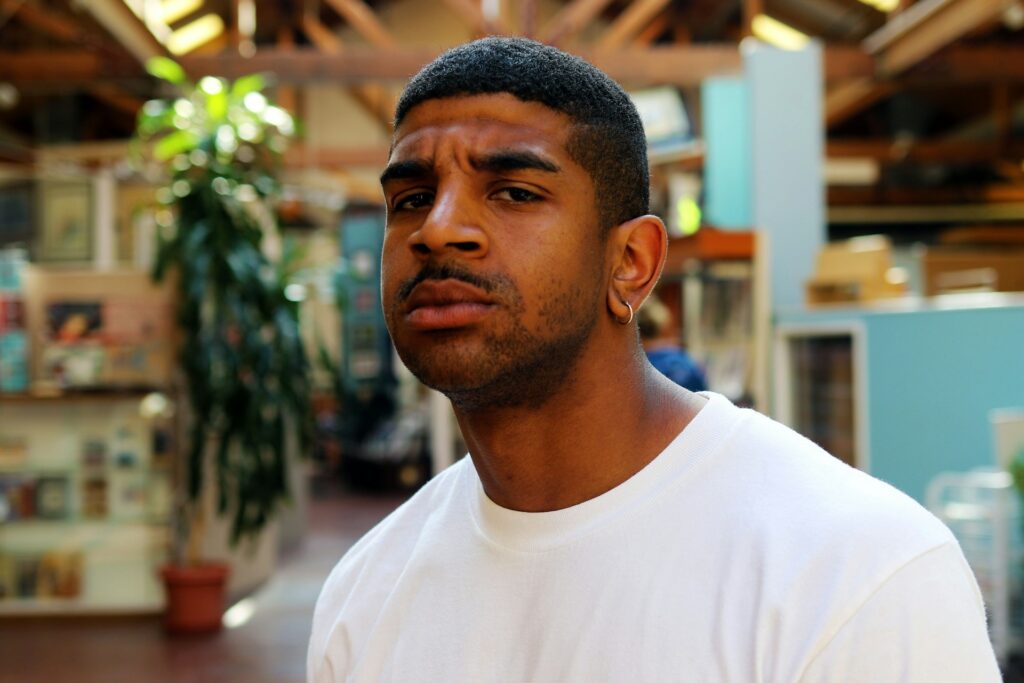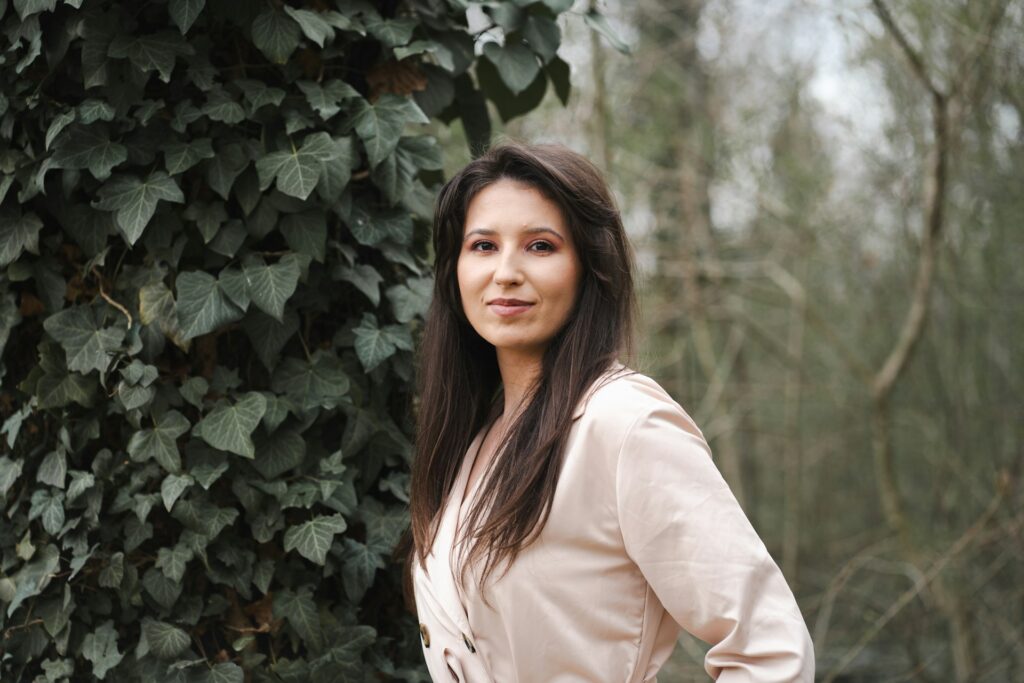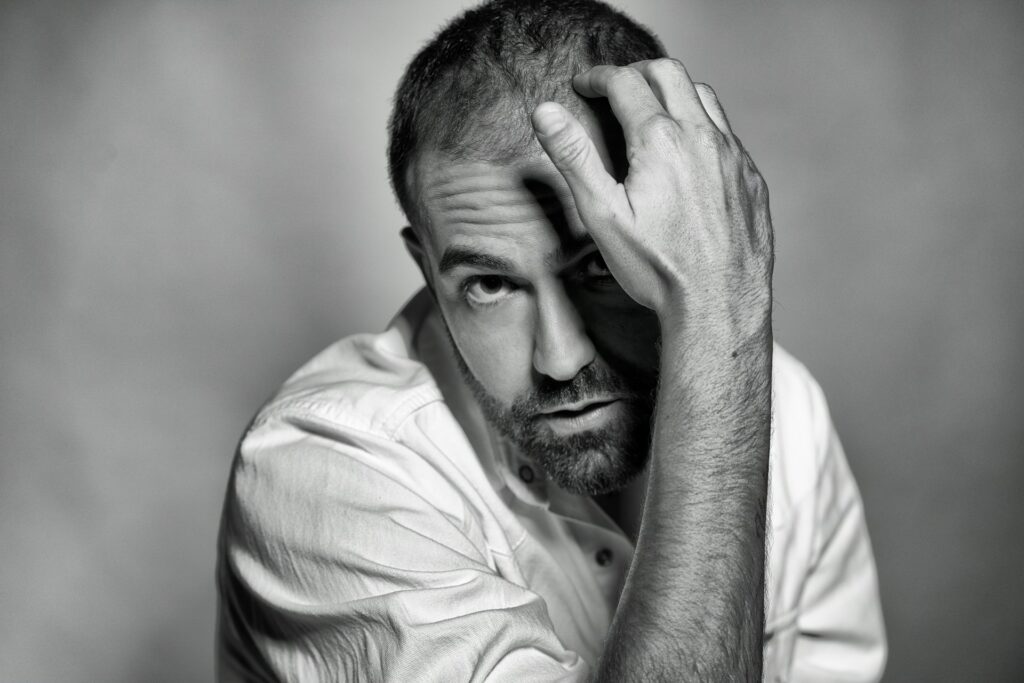The constant, almost overwhelming message that we need to be our best selves is everywhere.

Whether it’s on social media, in self-help books, or through well-meaning friends, there’s this subtle, yet persistent idea that we’re meant to be constantly improving. The narrative is clear: to be happy, successful, and fulfilled, we have to be the best version of ourselves at all times. But here’s the thing: that pressure to always be “better” can do more harm than good.
If you’re someone who feels weighed down by the idea of “self-improvement” or constantly trying to live up to an ideal version of yourself, you’re not alone. More and more people are beginning to realise that the relentless pursuit of being your best self might actually be setting you back. Instead of leading to a more fulfilling life, it can leave you feeling exhausted, overwhelmed, and even worse about yourself than before. Here’s why.
You’re not giving yourself permission to be human.

It’s easy to get lost in the hustle of trying to improve. We’re told we need to keep learning, growing, and changing to be better versions of ourselves. But in the middle of all that, we forget one simple truth: being human means you’re allowed to have bad days, mistakes, and imperfections. No one can be “on” all the time. The pressure to constantly be improving can make us feel like we’re falling short when, in reality, we’re just living in a world that’s messy and unpredictable.
Instead of embracing our imperfections, we can end up chasing something unattainable. You might push yourself to be the person who’s always excelling, but at what cost? It’s like trying to be perfect in every single moment, and that’s exhausting. It robs you of the freedom to just live in the moment, relax, and enjoy the process of simply being.
It leads to burnout, not balance.

Chasing the “best self” goal can start off innocently enough. Maybe you’ve got a list of personal goals—getting fitter, improving your skills, being a better partner, or just feeling more organised. Those are great things to strive for, but when they become a constant need to prove yourself to the world (and to yourself), it quickly becomes a problem.
There’s a difference between setting meaningful goals and putting yourself under constant pressure to do more, achieve more, and be more. It can feel like you’re in a never-ending race, always running but never really getting anywhere. The feeling of not being good enough is a major contributor to burnout. Rather than finding balance, you find yourself exhausted, both mentally and physically, as you try to keep up with this version of yourself that’s always improving.
It’s hard to recognise what’s truly important when you’re chasing someone else’s idea of success.

The drive to be the best version of yourself often comes with an underlying assumption that there’s a universal idea of success that we should all be striving for. It might be financial success, career advancement, being constantly ‘on’ in your personal life, or looking like you’ve got it all together. But who defines this version of success? And more importantly, does it align with what you really want for yourself?
When we buy into the idea of being our best selves according to someone else’s standard, we stop asking ourselves what our version of success looks like. You might start to focus on things that don’t actually matter to you—like achieving a certain career milestone or fitting into a certain social circle—because they’ve been presented as markers of success. In doing so, you miss out on what truly brings you happiness, fulfilment, and satisfaction.
You forget to appreciate where you are right now.

This is a big one. We’re always told to look ahead, plan for the future, and prepare to be better. While that’s all well and good, it can cause us to neglect the present moment. When we’re so focused on becoming something ‘better’ or different, we can forget to appreciate the person we already are.
Think about it—when was the last time you really stopped and acknowledged how far you’ve come? Or simply appreciated your current self, flaws and all? We’re often too caught up in where we want to be next to appreciate where we are right now. But when we’re constantly thinking about becoming our best selves, we risk overlooking our growth, achievements, and strengths that have got us to this point. Taking a step back and appreciating the present moment can be far more empowering than trying to reach an elusive future version of ourselves.
It can lead to toxic comparison.

Social media, with its carefully curated snapshots of people’s lives, can make the pressure to be your best self even more intense. We scroll through posts of people seemingly achieving greatness in every aspect of their lives—career, health, relationships—and it can make us feel like we’re falling short. That “best self” narrative is often a comparison game, and when we compare ourselves to everyone else’s highlight reel, it’s easy to feel like we’re failing.
But the truth is, no one’s life is as perfect as it looks online. Everyone has struggles and setbacks, even if they’re not shared on social media. Constantly comparing yourself to someone else’s best self only chips away at your own self-worth. You forget to value your own path and instead start measuring your progress based on someone else’s.
Perfection doesn’t exist.

It just doesn’t, no matter how much you’ve been told otherwise. There’s no final destination where you’re suddenly going to feel like you’ve made it, reached the top, and become the best version of yourself. It’s an ideal that’s constantly moving, and chasing it can make you feel like you’re always just one step behind. Every time you achieve one goal, there’s another one waiting for you, making the idea of perfection not only unreachable but also unsatisfying.
The beauty of life is in its imperfections. You don’t need to have everything figured out or be flawless to have a fulfilling life. The most interesting people are often the ones who’ve embraced their imperfections and found joy in the process of growth, rather than focusing on the finish line.
So, what’s the solution?

If the idea of being your best self is actually setting you back, what can you do instead? Start by giving yourself permission to be you—the real, unfiltered, imperfect version of yourself. Instead of always striving for more, ask yourself what truly makes you happy right now. What are the things you’re passionate about? What brings you peace and contentment in the moment?
Take time to appreciate the little things, such as spending time with loved ones, taking a walk in nature, or simply enjoying your own company. These are the moments that matter the most. It’s not about constantly trying to become someone else. It’s about embracing who you are right now and enjoying the journey of self-acceptance.
Focus on what you want, not what anyone else says you should want.

Define your own version of success, and don’t let someone else’s path dictate yours. You’re allowed to have a messy, imperfect, real life, and that’s what makes it worthwhile. You don’t have to explain yourself to anyone else. Focus on you, and you’ll be just fine.


